Offshore Explorer Stories #6
Gnosce Teipsum—Know Thy Self

The ancient Greek playwright Aeschylus uses the maxim "know thyself" in his play Prometheus Bound. In this play, Prometheus first rails at the Olympian gods, and against what he believes to be the injustice of his having been bound to a cliffside by Zeus. Oceanus comes to Prometheus to reason with him, and cautions him that he should "know thyself." In this context, Oceanus is telling Prometheus that he should know better than to speak ill of the one who decides his fate and accordingly, perhaps he should better know his place in the "great order of things. In other words "Know Thy Place."
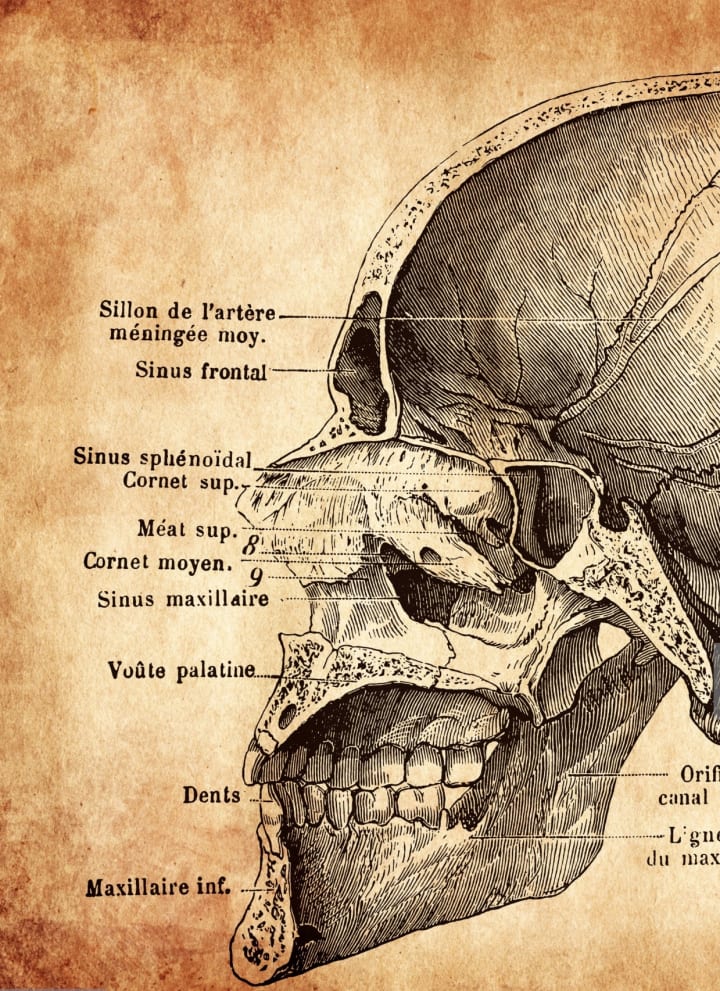
From 1539 onwards the phrase nosce te ipsum and its Latin variants were often used in the anonymous texts written for anatomical fugitive sheets printed in Venice, as well as, for later anatomical atlases printed throughout Europe. The 1530s fugitive sheets are the first instances in which the phrase was applied to knowledge of the human body attained through dissection.
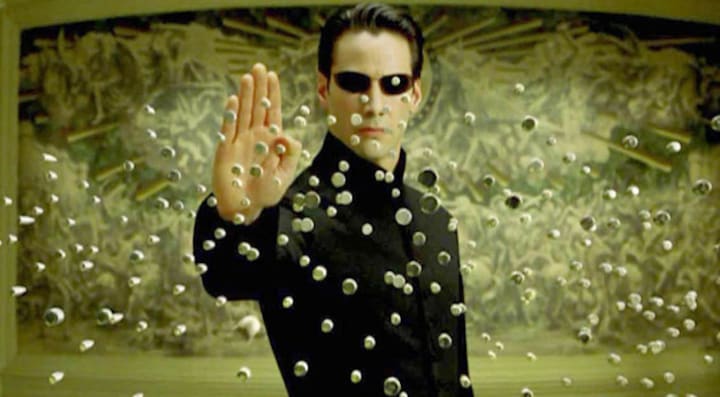
"The Wachowskis used one of the Latin versions "temet nosce" of this aphorism as inscription over the Oracle's door in their movies The Matrix and The Matrix Revolutions.
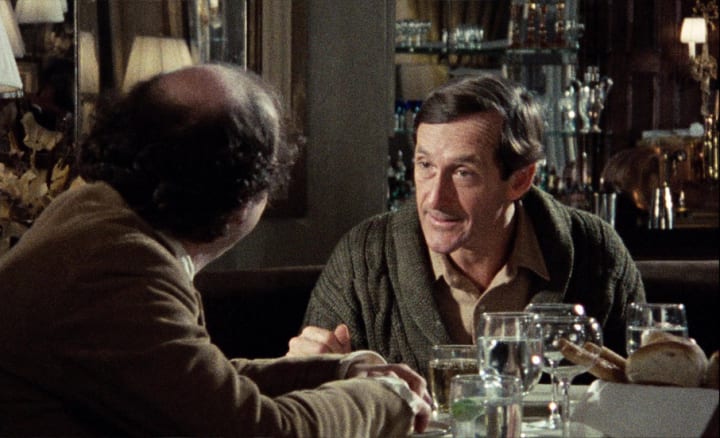
My Dinner With Andre' is a film about "Being." "Being" is understanding the evolution of the modern notion of "Gnosce teipsum" ,"Know Thy Place", "Know My Insides (dissection)", "Know Thy Self."
I am fascinated by the evolution of ideas. Offshore Explorer looks carefully at ideas and how they have driven human beings.
The idea that the world was flat was consistently believed for more than a thousand years. It was codified in the Catholic church. Eratosthenes calculated the Earth's circumference without leaving Alexandria around 190BC. It took until 1497, when Vasco Da Gama left Portugal to discovery a sailing route to India that the idea of the world being round was acted upon with resources and action in the Western world. The Chinese were exploring the African coast as far as South Africa a thousand years before Vasco DeGama was born. Even today there are a few nonbelievers refusing to recognize their flat world idea was destroyed 2,209 years ago.
When I approach an idea, I am mindful of the evolution. Different cultures addressed and changed ideas on different timelines. The Chinese and the Indians were aggressively exploring the world by sail while the Japanese remained home. This is a classic example of expansion versus protection.
I deal with trade on Offshore Explorer. The Chinese, Africans, Asians, and Middle Easterners were active traders. The Phoenicians developed an alphabet around 1050 BC so the ship Captains could communicate more accurately with each other. Hieroglyphs proved inadequate. This is an example of a good idea being replaced by a better one. The future of the Alphabet is evolving on line.
Religion's core business has been ideas. Particularly, religion has organized ideas to support and guide societies. The tools employed to bring together and sustain the organization are two fold; peer pressure and faith.
Communal living was the norm for thousands of years across all cultures. You had your tribe, village, town, region, country which you belonged. Peer pressure has only recently been perceived to be bad. Peer pressure is a sociological tool used to organize the population in a productive way. Religion, and I am referring to the ecclesiological organization of the church, the same notion can be applied to all religious governing bodies, use this tool to attain cultural greatness and destructiveness.
The Knights Templer fought in the crusades as the military arm of the papacy. They returned to be slaughtered in their sleep by the French King, with the countenance of the Pope, because their unity and faith were considered a danger to the crown. A few escaped to Portugal and founded the Order of Christ, which financed the first voyages of Vasco Da Gama, who was also member of the Order of Christ. They did more to spread the Catholic word then any other group in the history of man.
Faith is a personal concept and without a doubt the most unbreakable tool in religion's arsenal.

Faith comes down to either believing or not believing. This is purely personal. Religions argue knowing oneself is knowing God conversely not believing God is not knowing oneself.
The Hindu religion instructs, while one is constantly told to seek God, often the way to do so is not clear. The first step in this direction will be to know oneself. The cultivation and self understanding of the inner soul and spirit are its prime tenants.
In Islam, “One who knows himself, knows his Lord”. ...A beautiful supplication which magnifies this idea of knowing the self and knowing God, is the intimate whispered prayer by Ali ibn Abi Talib.
Buddha teaches how to know yourself directly, rather than through the opinions of others.
The idea of knowing thyself has changed over time. Peer pressure exists in different expressions, political, economic, and religious.
I see similarities with the history of "Gnosce teipsum" and my own development as a man. I see my youth as a struggle with "Knowing one's Place." I still struggle a little with that notion. "Knowing my Insides" as a form of dissection and anatomical study was a passing interest in 10th grade biology and of my sexual awakening. So many mystery's around the human body. The power felt from simply "being" in the present is manifestly knowing... You can use God at the end of the sentence or leave it simply as being.
The only other experience that comes close for me is sailing on the ocean. It is my contention those mariners of the past felt the same way. The mariner armed with this strong feeling of "Gnosce teipsum" and the experience of facing the travails of ocean sailing facilitated a clarity of mind. It is this clarity that I will use to open the door to your understanding of the port, the culture, and the history thus opening up your being to "Gnosce teipsum."
Thank you for reading. Like and share.
About the Creator
Scott Dodgson
Is a produced screenwriter, producer and film director. He is a a world class sailor and has spent decades exploring the world by boat.

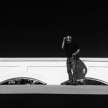


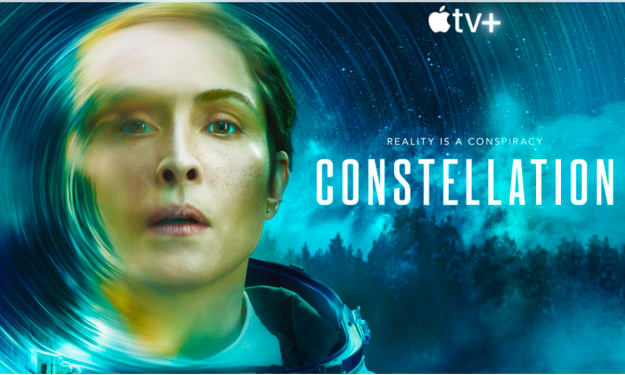

Comments
There are no comments for this story
Be the first to respond and start the conversation.